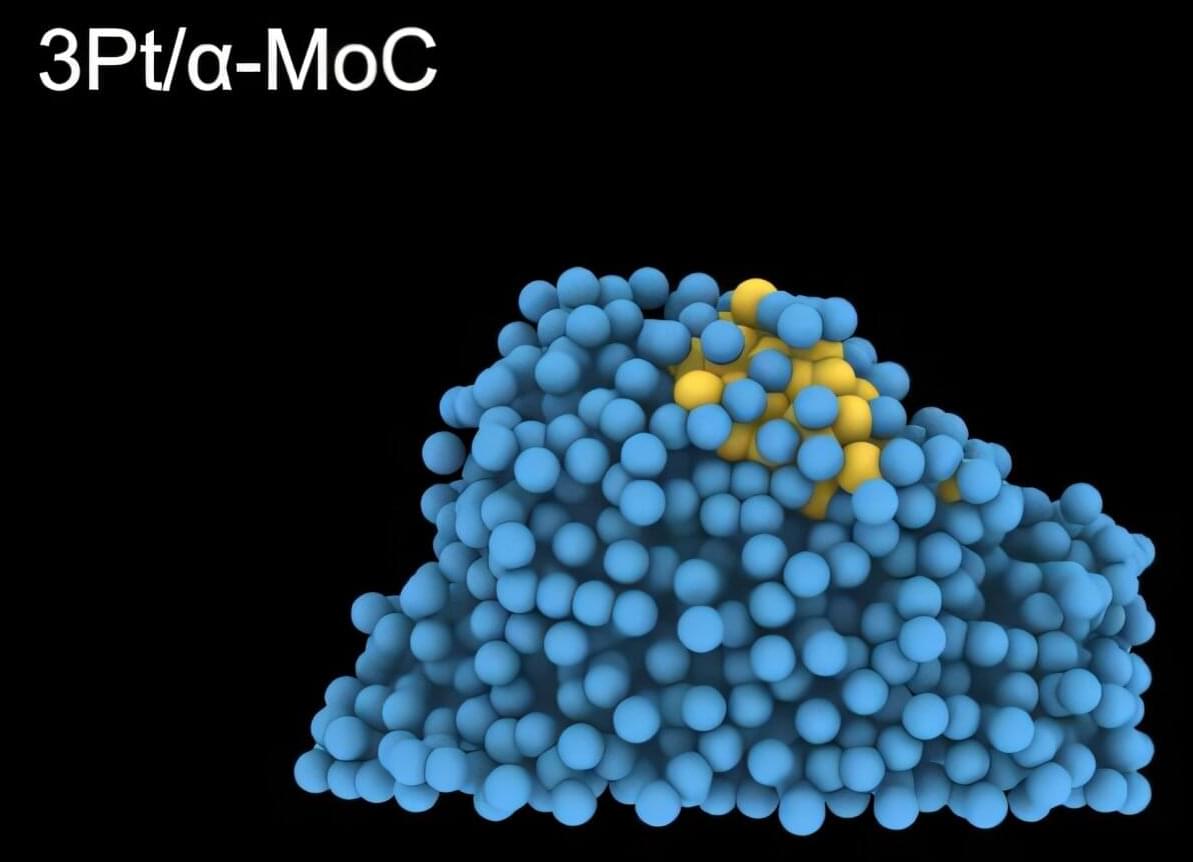A new way of creating hydrogen, which eliminates direct CO2 emissions at source, has been developed by an international team of scientists.
The process reacts hydrogen-rich and sustainably sourced bioethanol taken from agricultural waste with water at just 270°C using a new bimetallic catalyst. Unlike traditional methods, which operate between 400°C and 600°C, are energy-intensive and generate large amounts of CO2, the catalyst shifts the chemical reaction to create hydrogen without releasing carbon dioxide as a byproduct.
Instead, the process co-produces high-value acetic acid, an organic liquid used in food preservation, household cleaning products, manufacturing and medicine, and has an annual global consumption exceeding 15 million tons.
